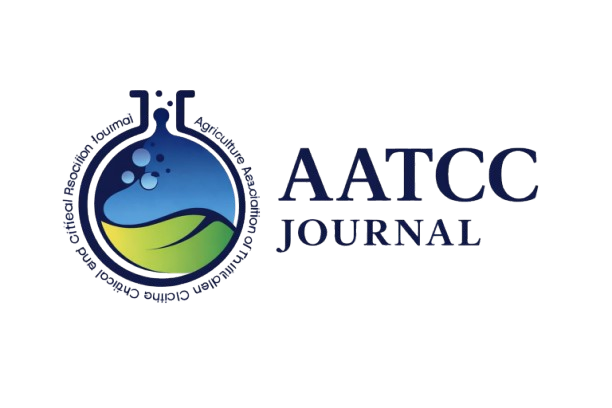Abstract
To increase the nutritional value of food crops and their endurance to water shortage circumstances, agronomic bioforti ication with zinc (Zn) and (Fe) may be used. By enhancing physiological and enzymatic antioxidant defense systems, Zn and Fe may help plants tolerate water stress. Major objective of this study was to investigate the effect of foliar applied Zn and Fe on grain bioforti ication and drought tolerance in wheat. Treatments include application of Zinc and Iron at terminal growth phases (tillering (20-40 DAS), booting (60-80) and earing stages (100-110) growth stages) with each three levels: [Zn , Zn , and Zn ] 0% 1.0% 2.0% [Fe , Fe and Fe ]), laid out in factorial randomized block design with three replications. From the results revealed that water 0% 0.5% 1.0% stress signi icantly reduced relative water contents, gas exchange attributes, and morpho-physiological parameters (leaf area index at 30, 60, 90 DAS, chlorophyll intensity, Canopy temperature depression) and yield related attributes. In contrast to application of various levels of Zn and Fe signi icantly improved and were markedly increased under water stress condition leaf area index at 30, 60, and 90 DAS, chlorophyll intensity, canopy temperature depression, Zn uptake of seed, Fe uptake of seed and protein content of the seed. Foliar applied Zn and Fe predominantly reduced the damaging impact of water stress by improving the plant status in the 1.0% 0.5% form of leaf area index, chlorophyll intensity, canopy temperature depression, and Zn uptake of seed, Fe uptake of seed and protein content of the seed. Likewise, wheat plants treated with Zn and Fe under water stress conditions increased the grain yield by 1.0% 0.5% improving the number of grains per spike, 1000 grain weight, and biological yield compared with control. Moreover, increasing Zn levels also increased Zn concentration in grains and leaves. Overall, this study suggests that the optimum level of Zn (1%) might be promising for alleviating the adverse impacts of water stress and enhance the grain bioforti ication in wheat.
